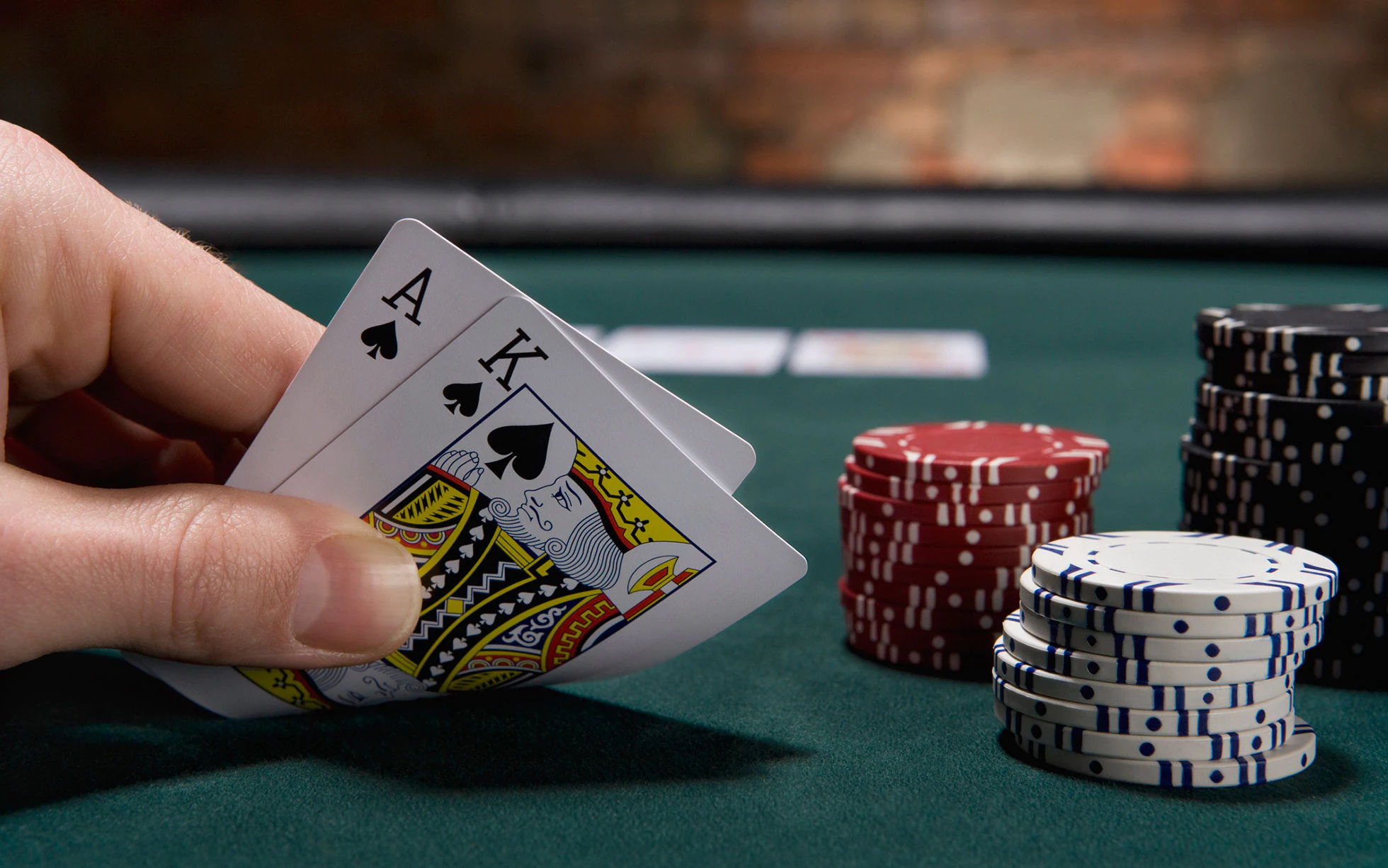If you want to become a poker pro, you will have to put in a lot of work. You’ll need to learn how to play long hours and hit win rates.
But there are a few things you can do to make it easier. First, you need to manage your bankroll.
Game of chance
If you’re looking to play poker like a pro, you need to understand how luck and skill influence the game. It’s important to know that luck can make or break your play, but skill will always win out over time.
The good news is that if you work hard, practice your strategy and stick with it, you can eventually improve your game. If you’re just starting out, though, you might want to consider playing games with lower stakes until your skills increase.
This will give you the chance to learn from players with a low skill level and bluff less. It’s also a good way to avoid wasting money on opponents who aren’t as good at the game as you are right now.
Game of skill
Games of skill are characterized by their outcome that is largely determined by a player’s mental or physical dexterity, rather than chance. This type of game can be found in a variety of forms, from building sets to card games to mind sports and mathematical puzzles.
The game of poker is a great example of a game of skill, as it requires players to be able to use their intellect and psychological skills to win. This is not to say that luck plays no part in determining a player’s victory, but it does mean that players who have more skill than others will generally win.
This is a good thing, as it means that players should be able to play poker successfully over long periods of time. Over thousands of hands, everyone should get roughly the same luck, but some will do better than others and this is largely down to skill. The ability to read your opponents “tells” and their styles can make all the difference in winning or losing a hand of poker.
Game of psychology
Whether you’re playing online poker or offline, psychology is an essential skill to have in order to succeed. It can be used to improve your overall game performance and side-step common pitfalls such as tilt.
The game of poker can be very difficult to play if you don’t have a good grip on your emotions and your concentration. Taking a closer look at how you can keep your emotions under control and stay focused can help you win more games and boost your bankroll.
When you’re a poker player, you need to be able to read other people and what they are thinking. This is a skill that most people don’t learn in real life but it’s important to know how to use in the poker world.
There are four unique poker playstyles, LAG (Loose-Aggressive), TAG (Tight-Aggressive), Calling Machine (Loose-Passive), and Nit (Tight-Passive). Understanding the differences between these personality traits can give you an edge when playing poker.
Game of bluffing
Bluffing is a major part of poker and can play a huge role in how you play. It’s a crucial skill to master and one that can turn you into a tough opponent to beat.
When bluffing, you should always assess your opponents and the game as a whole. You should consider how they’ve played so far and how they are likely to play now.
It’s also important to take into account how they’ve performed with a particular hand. This information will help you to understand whether they are a good target for your bluff or not.
Another aspect of bluffing that can be helpful is body language. If you see a player holding their hands in a slightly awkward way or touching their face, it can be a sign that they are bluffing.

